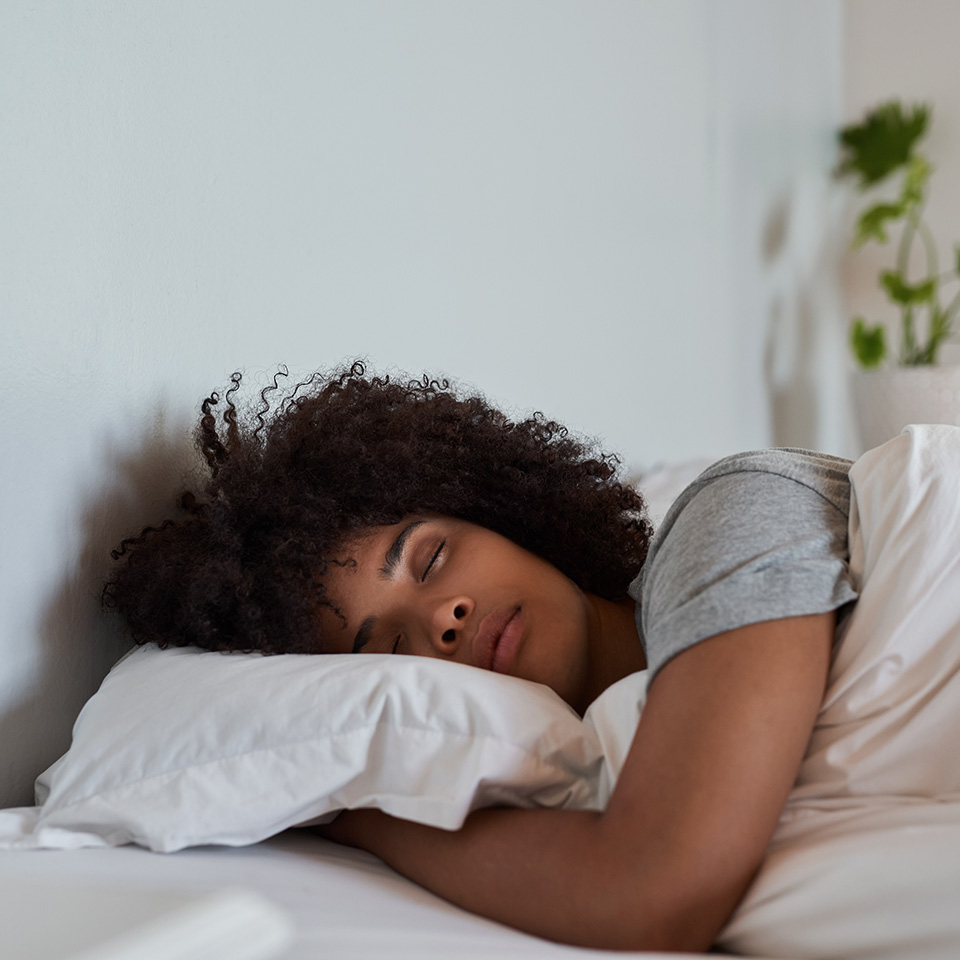Sleep Health


Better sleep is better health
The importance of sleep can’t be overstated. Difficulties falling asleep, staying asleep, or experiencing restless sleep can lead to many negative health effects, like daytime fatigue and impaired functioning. Overall health issues like obesity, diabetes, and cardiovascular diseases can also result from poor sleep. Rest assured, our teams of board-certified physicians can help.
How we diagnose
If you have trouble getting a good night’s rest, you aren’t alone. About 50–70 million people in the U.S. experience sleep disorders or disturbances. The help you need to sleep soundly starts with understanding the issue.
Schedule a consultation with a Corewell Health specialist, where we’ll learn more about you and your sleep challenges and build a treatment plan. This may include a sleep study, therapy, medication, or a combination of one or more of those methods.

See our sleep clinics
All of our sleep centers are accredited by the American Academy of Sleep Medicine (AASM), ensuring high-quality care and evidence-based treatments.
Contact us
Have questions or concerns about your sleep? Reach us at one of the numbers below. You can also schedule sleep studies, consult with specialists, and access your sleep-health data through MyChart.



